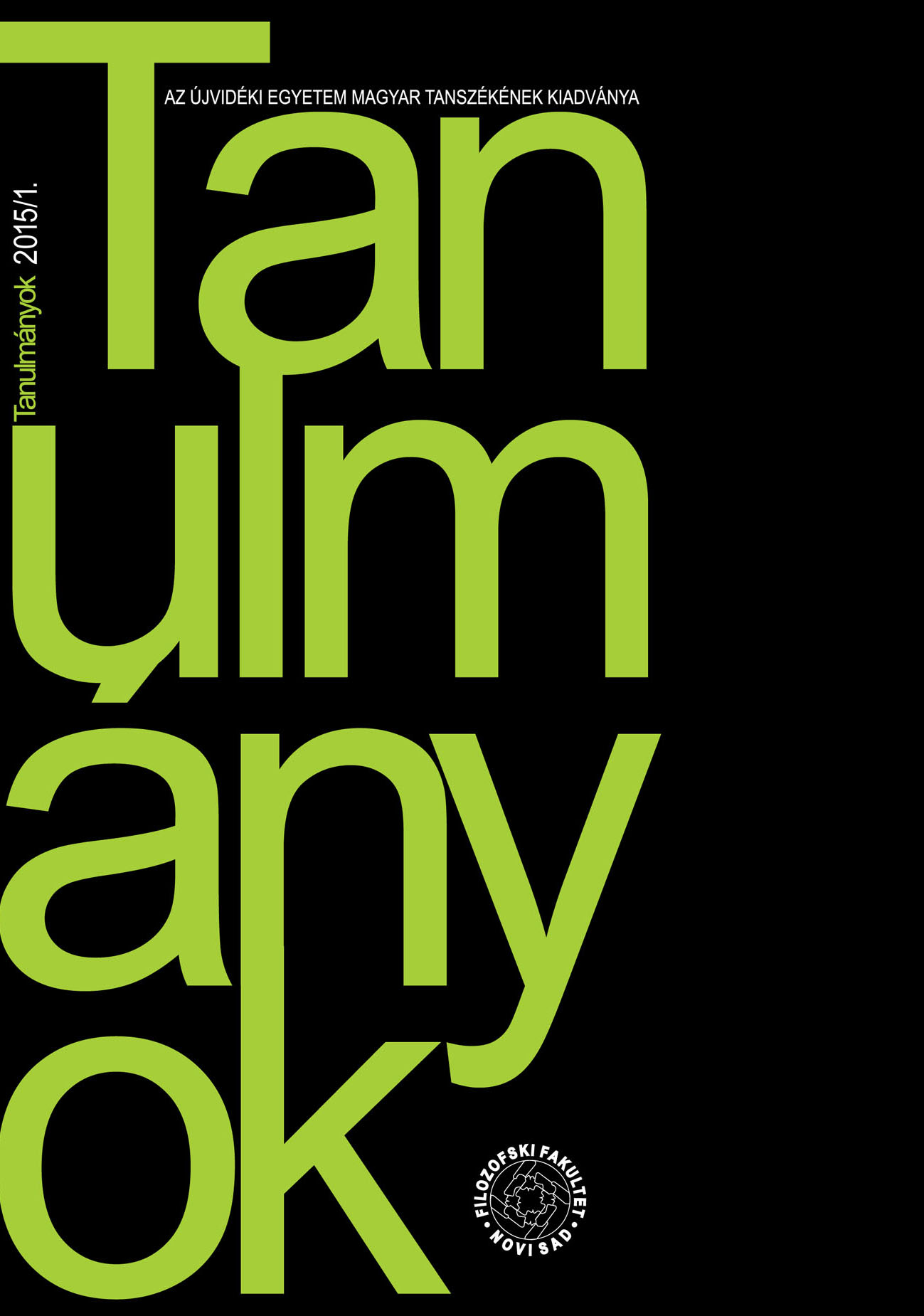Az „alkalmatlan” Kosztolányi
The “Awkward” Kosztolányi
Dezső Kosztolányi in the Ifjúság (1945–1964)
Author(s): Ferenc NémethSubject(s): Hungarian Literature
Published by: Филозофски факултет, Универзитет у Новом Саду
Keywords: Dezső Kosztolanyi; literary translation; Vojvodina; Hungarian literature; 20th century; the fifties; politics; ideology
Summary/Abstract: After the Second World War, the middle class Dezső Kosztolányi (1885–1936) was not merely excluded from the leftist Híd (Bridge) (until 1953), but from the Ifjúság (Youth) (until 1955) as well. As Klára S. Gordán writes in her volume outlining the Kosztolányi cult in Vojvodina, the Hungarian literary history writing in the 1950s looked at the poet with the decadent middle-class feelings, at the same time the literary men in Vojvodina did not want/dare to deal with him. However, this conscious ignoring (besides the fact that the communist power did not affirm the middleclass writers from the beginning because of ideological reasons) had an important political reason, namely the Yugoslav confrontation with the Information Office (1948–1953). Since Hungary adopted the Soviet policy, the Hungarian authors also “fell prey to” the press- and propaganda war lasting for ages, among others Kosztolányi as well. In parallel with this political process, there took place an important, inner, literary change of view as well in the Yugoslavian Hungarian literature: at this time took place breaking with the phrase literature and poetry, and in this way the changed literary/cultural atmosphere and mood made possible, among others, Kosztolányi’s “return”: by the appraisement of his works, putting his plays on stage, keeping his memory alive. His book review published about the Pacsirta for László Tomán, in connection with the Ifjúság, signified the breakthrough in January 1955. Then – strangely enough, for several years – did not took place the affirmation of the writer Kosztolányi, but the value mediator translator’s: through his literary translations the European literary values penetrated into the journal, and (among others) those ones meant then the overview into the European literature. Or, one might say, (one) “window” of the young generation after the Second World War onto the European poetry.
Journal: Tanulmányok
- Issue Year: 2015
- Issue No: 1
- Page Range: 39-48
- Page Count: 10
- Language: Hungarian

